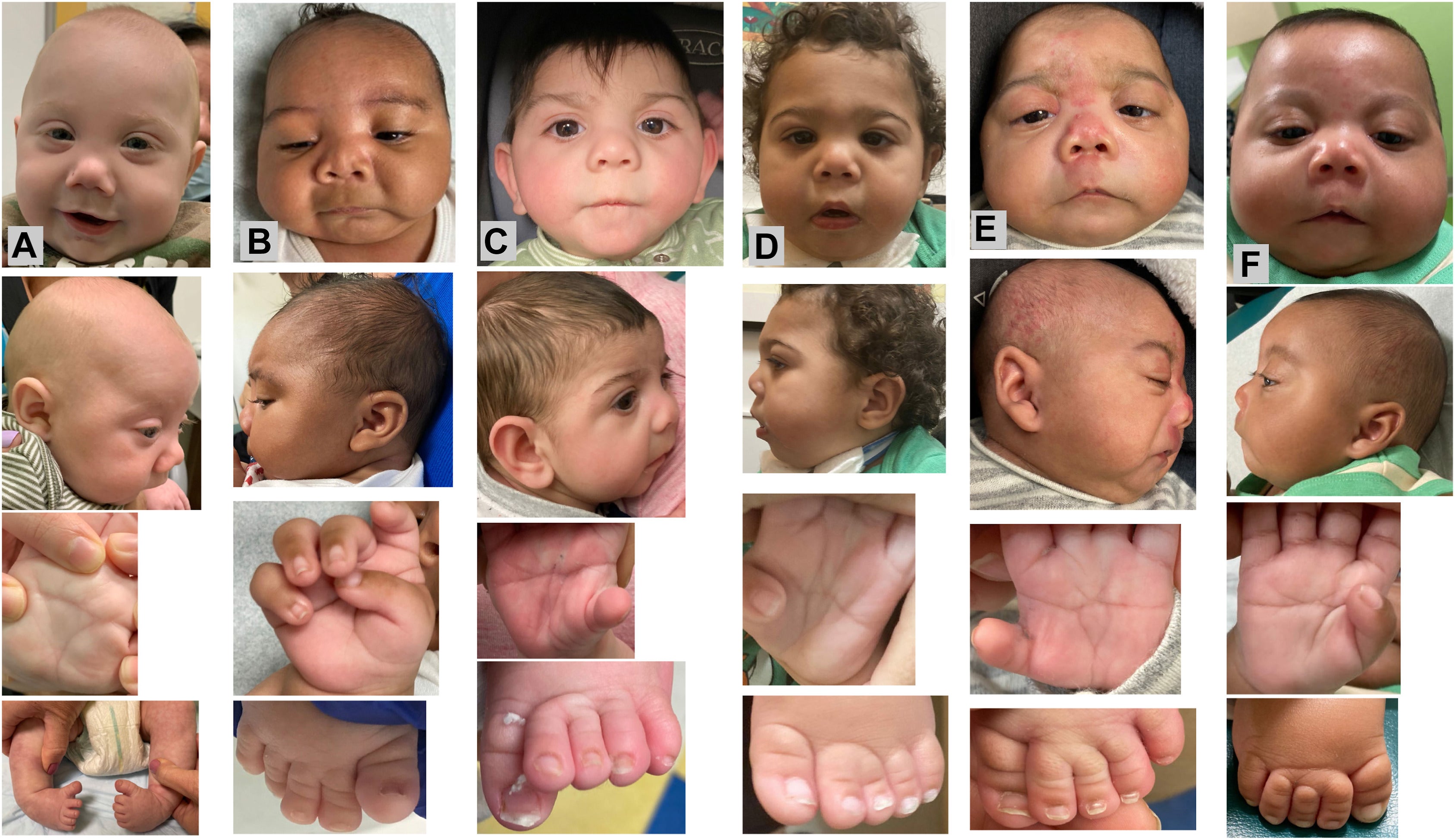Doctors sound alarm over new infant fentanyl syndrome
A new syndrome linked to prenatal fentanyl exposure produces similar abnormalites to babies who can’t produce cholesterol
At least 10 newborn babies that were born with multiple abnormalities and notable features have been linked to a new prenatal fentanyl exposure syndrome.
A new study in Genetics in Medicine Open has identified a novel syndrome linked with mothers using fentanyl whilst pregnant, exposing their child to the drug.
They have found key recognisable traits that the babies may have the syndrome, such as short stature, small heads and congenital anomalies like a cleft palate, club foot and genital abnormalities.
Webbing between toes, short, broad thumbs and a single crease in the palms have also been identified.
The new syndrome that is affecting these babies is part of a wider American fentanyl crisis.
The House Foreign Affairs Committee Chair, Michael McCaul, states that nearly 200 American citizens are killed every day due to fentanyl, calling it the “deadliest narcotics epidemic in US history.”
More and more people are using and dying from the drug each year, and this possible fentanyl-related syndrome is the most recent fallout in this crisis.
Erin Wadman, a genetic counsellor at Nemours and the lead author on the study, said she first discovered the possible new syndrome when she was assessing a baby in August 2022 who had congenital disabilities.
"I was sitting there in the appointment, and I was just like, this face looks so familiar. This story sounds so familiar. And I was just thinking about how this patient reminded me so much of a patient I’d seen earlier in the year and then other patients I’d seen," Wadman said to NBC.
"That’s when we were like, we think we might have stumbled on something really big here."

The research initially focused on six babies at Delaware’s Nemours Children’s Hospital, and then four similar cases were identified from other clinicians in the report.
At first, the symptoms reminded Mr Wadman and her colleagues of Smith-Lemli-Opitz syndrome, a genetic condition that prevents the body from making cholesterol, which is essential for normal cell function and the forming of the brain.
Yet, there were no common genetic causes like Smith-Lemli-Opitz syndrome found between the babies in the study; instead, the researchers hypothesised that the mothers were using recreational fentanyl while pregnant.
They wrote in the study that it is plausible that fentanyl could have been disrupting the production of cholesterol within the babies while they were in the womb.
All babies in the study tested positive for fentanyl exposure, but the researchers do say that they can’t be certain to link the new syndrome with the drug, as many other drugs were used throughout the mothers’ pregnancies.
The researchers said they have a long way to go until their hypothesis is proved, such as making sure that the defects do not come from other street drugs or even something that has contaminated the fentanyl taken.
They also want to find out why, in some cases where a pregnant woman is using fentanyl, their baby does not develop similar symptoms.
Join our commenting forum
Join thought-provoking conversations, follow other Independent readers and see their replies
2Comments